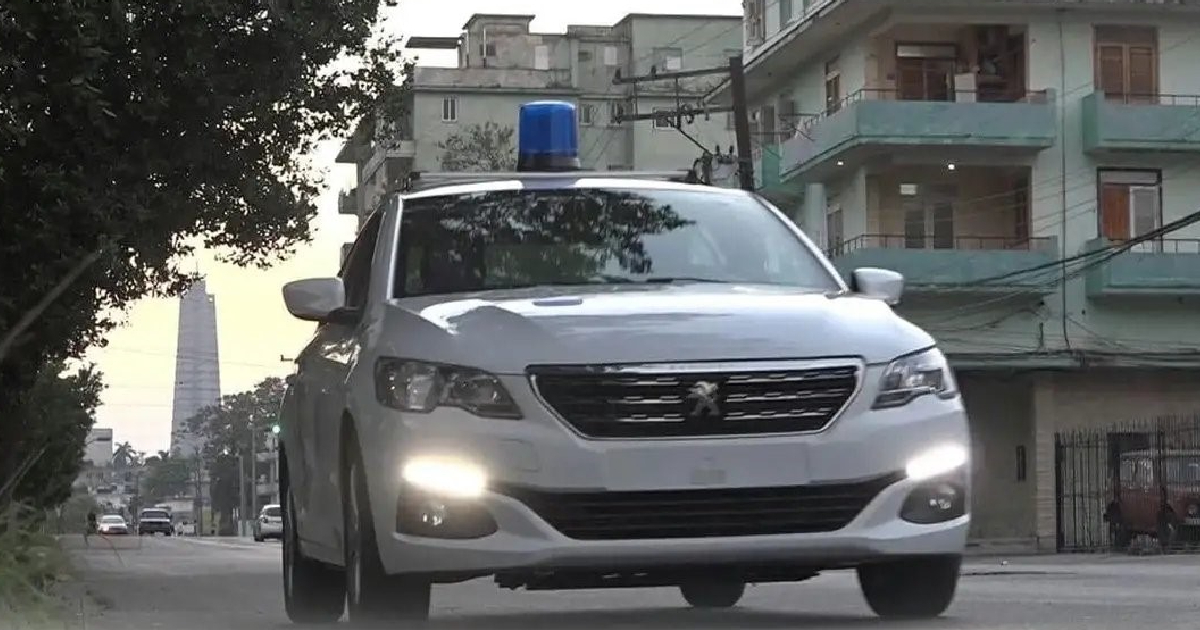
Related videos:
Cuban police and lawyers will be trained at Russian universities, as revealed following a visit to the Eurasian nation by Cuban Minister of Justice Oscar Manuel Slivera Martínez.
"In Russia, police officers and lawyers from Cuba will be trained. This is very important for strengthening the relations between us," emphasized the minister to the local media, Russia News.
Silvera Martínez, who attended the International Legal Forum in St. Petersburg, added that Cubans "will be trained in police work by you, and they will also receive education in jurisprudence at your universities."
The Cuban government official emphasized that these exchanges and training help strengthen interaction between the justice ministries of both countries and highlighted the similarities of many institutions, particularly legal ones.
In October 2023, Silvera and his Russian counterpart, Konstantin Chuychenko, signed a memorandum of understanding for collaboration in the legal sphere during Silvera's visit to the Eurasian country.
Although details of the agreement were not disclosed, the Cuban official met with specialists from the corresponding organization and the University regarding civil registration, notary services, and training, according to a statement from the island's Ministry of Foreign Affairs (MINREX).
These alliances are significant in relation to other police and legal training agreements in countries in the region that have a history of repression against their citizens.
Last March, deputies of the National Assembly of Nicaragua approved, with "urgent processing," the so-called "Agreement between the Government of Nicaragua and the Government of Russia on cooperation in the field of retraining and professional development in the area of police activity."
This agreement will be in effect for 10 years, with the possibility of an extension for another decade, as reported by local media in the Central American country.
Security analysts view this as part of an advanced "intelligence and espionage system" that Russia is establishing in Nicaragua.
In February of this year, Cuba and Nicaragua welcomed General Nikolái Patrushev, serving as the Secretary of the Security Council of Russia. He is currently an adviser to Russian President Vladimir Putin.
In Managua, Patrushev met with delegates from Bolivia, Cuba, Nicaragua, and Venezuela, countries with which the Russian government—according to the general—is ready to collaborate fully and comprehensively, particularly in the area of security.
In Cuba, criminal "phenomena" proliferate in society, while the police are employed to suppress dissenting voices against the regime.
"An effective administrative confrontation is not achieved in factories and warehouses, where, in most cases, problems arise. The population's dissatisfaction persists, highlighting that the work is still insufficient. Actions need to be intensified, particularly preventive measures," emphasized Cuban Prime Minister Manuel Marrero Cruz in Cienfuegos.
However, the population complains that agents, vehicles, and fuel seem to be readily available when it comes to repressing the people.
Filed under: